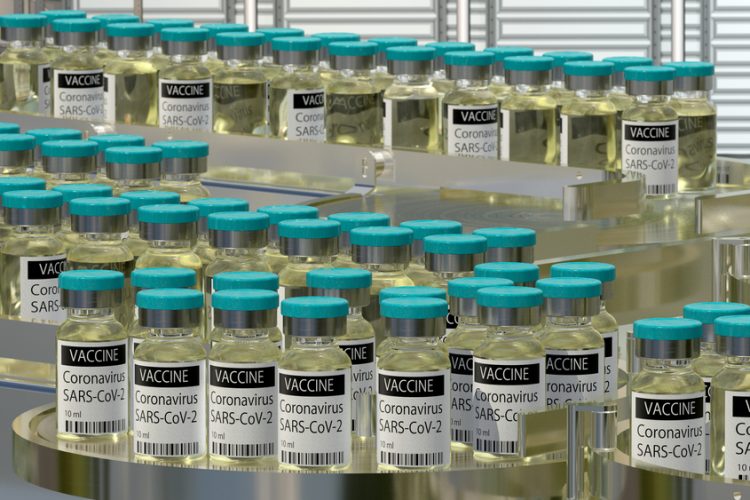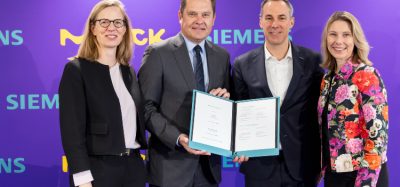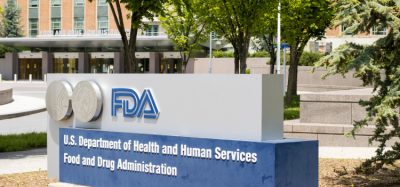Further woes for Emergent’s Bayview vaccine production facility
An FDA inspection identified nine concerns including unsanitary conditions and ineffective practices for preventing cross-contamination at Emergent’s facility.
The US Food and Drug Administration (FDA) completed its inspection of Emergent BioSolution’s BayView vaccine production facility in Baltimore, US, and cited nine concerns that could cause product quality issues in its Form 483 closeout report.
Earlier this week, we reported that Emergent’s facility had been ordered to stop COVID-19 vaccine production while the FDA undertook an inspection to follow-up on violations in good manufacturing practices (GMPs) identified last year.
The 2020 Form 483 highlighted five violations, some of which recur in prior inspection reports and the new one, indicating that not only is Emergent failing to address ongoing compliance problems, but that the practices at the facility have worsened. The concerning conditions listed in the new report, released on 21 April 2021 after a multi-day inspection, include:
- Failure to conduct thorough investigations into unexplained discrepancies, such as failure to investigate thoroughly the cross-contamination of batches of different vaccines.
- The building used for manufacture is not maintained in a clean and sanitary condition, with the inspectors citing peeling paint on the floors of the warehouse and various residues identified on the surfaces of the vaccine manufacturing space.
- The building is not of suitable size, design and location to facilitate cleaning, maintenance and proper operations.
- Written production and process protocol procedures to prevent cross-contamination are not followed and documented at the time of performance.
- Components, product containers and/or closures were not handled and/or stored in a manner to prevent contamination.
- The written procedures to ensure that the drug substances manufactured have the identity, strength, quality and purity they are supposed to possess.
- Employees were not trained in their job or the current GMPs related to it.
- The equipment is not of adequate size for its function or cleaning and maintenance.
- The equipment and/or utensils are not cleaned in a way to prevent contamination that would alter the safety, strength, quality or purity of the drug substance produced.
As a result of the findings, the FDA has not authorised the facility to manufacture or distribute the Janssen COVID-19 Vaccine, which it was due to do prior to the shutdown for inspection on the 16 April 2021.
In a press release announcing the Form 483, the FDA stated that they are working with Emergent to identify potential solutions to the compliance issues and ensure that the public has access to medical products that meet the agency’s high standards for quality, safety and effectiveness. It added that additional testing will be performed on the 60 million doses of the Janssen vaccine that have already been produced at the facility, before it can be distributed.
In addition to the FDA scrutiny, the leaders of the US House Oversight & Reform Committee and its Select Subcommittee on the Coronavirus Crisis have now opened an investigation into how lobbying and political connections may have enabled Emergent to continue to get funding for vaccine manufacturing, despite ongoing regulatory issues.










